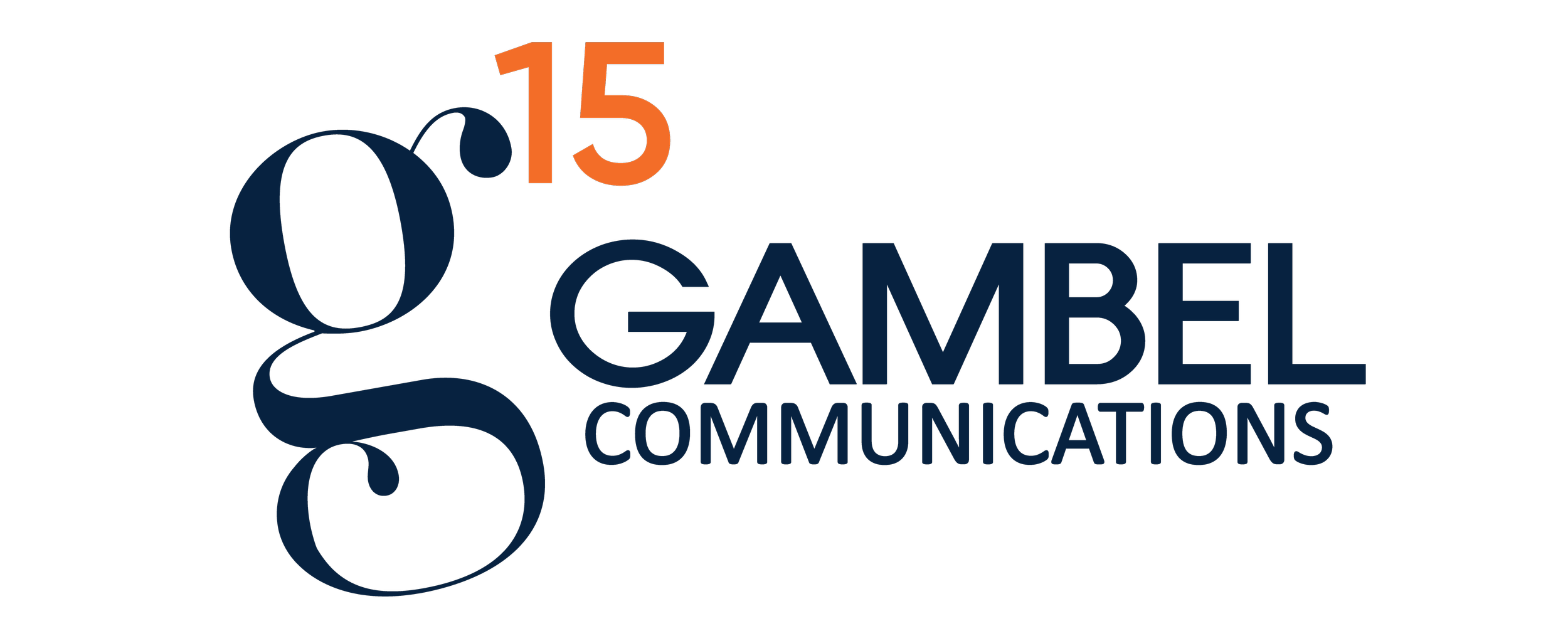You’re on camera (even when you’re not)
Well, you aren’t literally on camera all the time, but acting like you are and conducting yourself in a professional manner can go a long way for your career and how you represent your organization. It is imperative for professionals to remember that every day you not only represent yourself but also your organization. Positive interactions can have a significant impact on your career and organization, just as negative interactions can have detrimental effects.
Below are some tips on how to put your best foot forward when it comes to daily social interactions that may make a world of a difference for you and your organization.
Elevator speech: Knowing your company’s “elevator speech,” a short pitch that briefly explains your organization in such a way that’s easily digestible, is very important when meeting others and networking. Being able to articulate your company’s mission, vision and values should come naturally to you, and shows that you truly practice what you preach.
Social media presence: Your behavior online can negatively impact what people think about you or your organization but it can also have positive impacts. Remember that what you post online may be seen by someone you work with or someone that may potentially hire you in the future, which can directly impact your current job, future job or your company’s reputation. It is best practice on social media to refrain from posting things that could be seen as inappropriate or unprofessional. LinkedIn is a great social channel to promote content that shows you’re knowledgeable, professional and committed to growth.
Be on time: Being on time (or five minutes early) is crucial in signaling to the person you are meeting that you value and respect their time and that you want to make the most out of the allotted time that you have together. Arriving late can also negatively reflect on your organization. Showing up consistently late can come off as not only unprofessional but indifferent, and people may assume that your organization isn’t worth their time or money.
Following-up: The follow-up is almost more important than the initial meeting. When you follow-up, it shows your new connection that you’re genuinely interested in fostering the new relationship. A follow-up can be as simple as connecting on LinkedIn and dropping a note that it was great to meet or extending an introduction to someone new. Either way, authentic follow-ups rarely go unnoticed!
Keeping these four tips in mind can help you to contribute to the success of your organization and your professional career. Always remember, your behavior (on camera or not) can make a significant impact.
Once you master these daily interaction habits, consider establishing yourself as a thought leader within your community or on a specific topic to cultivate trust and steward your relationship ever further.



